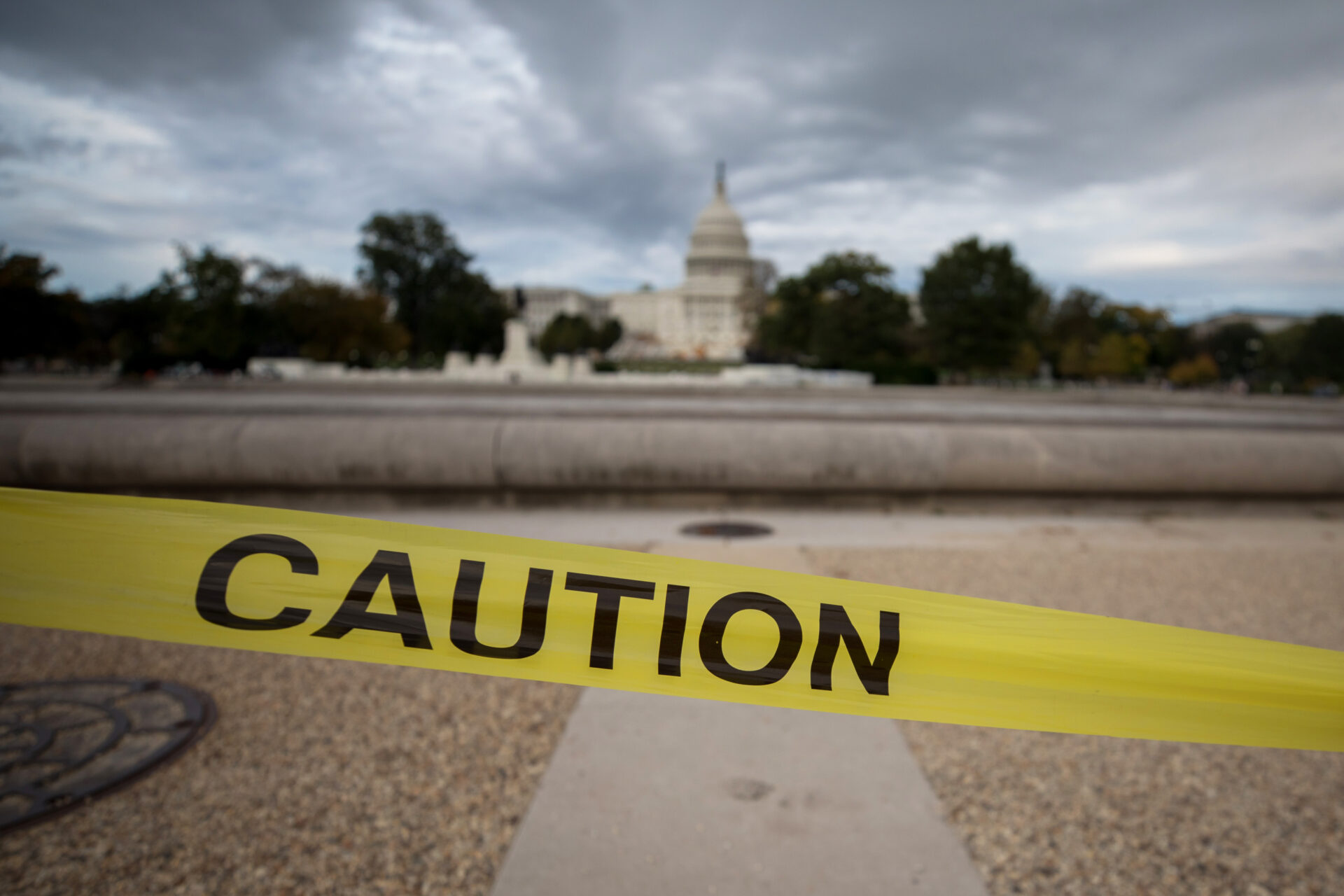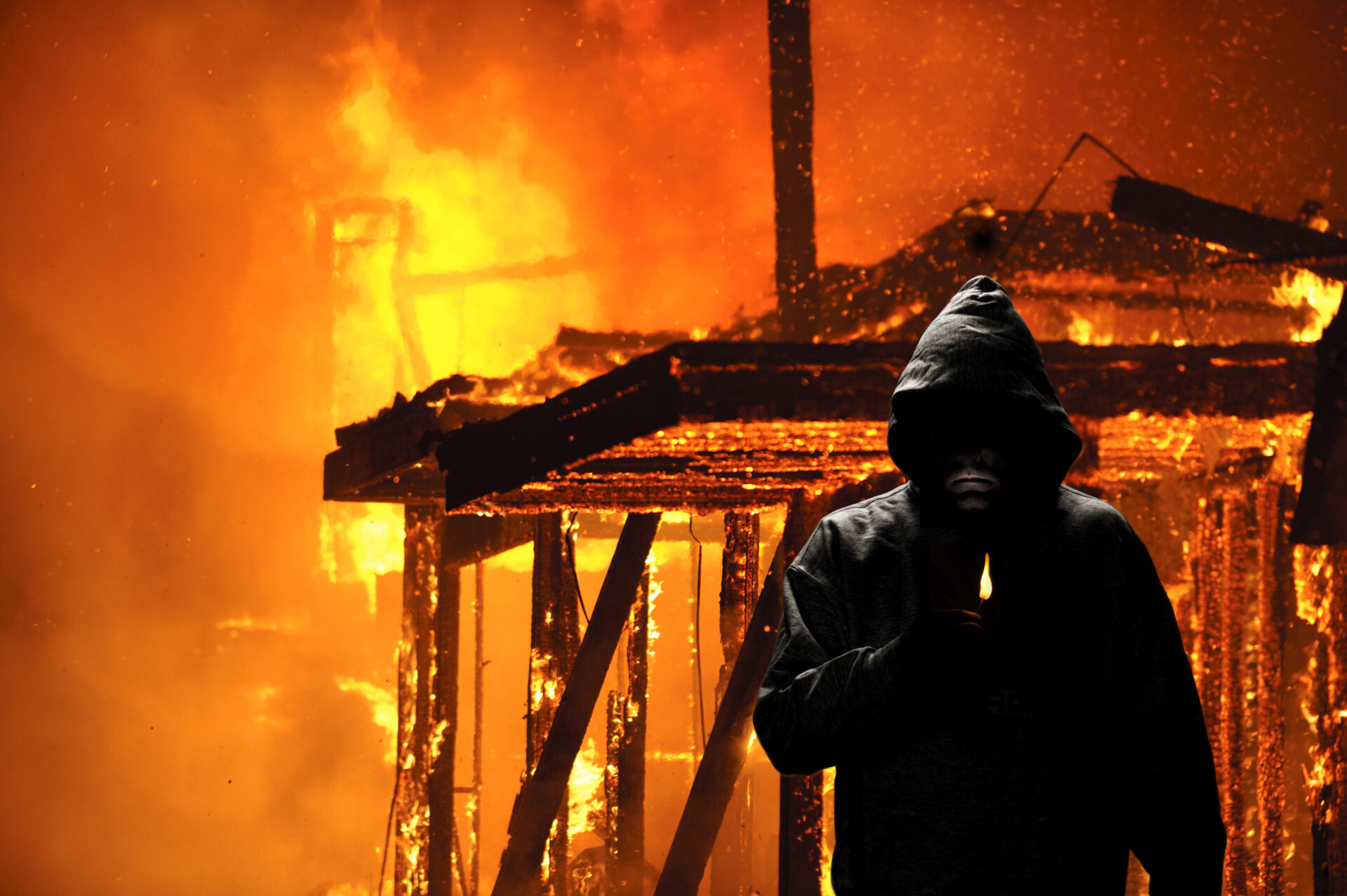
Can Home Rule SURVIVE This Move?
President Trump invoked emergency powers under the Home Rule Act to federalize Washington, D.C.’s police force and deploy the National Guard, prompting legal and political pushback from local officials.
At a Glance
- Trump invoked Section 740 of the 1973 Home Rule Act on August 11, 2025
- Federal control of D.C. police set for up to 30 days without Congressional extension
- About 800 National Guard troops deployed to assist law enforcement
- Official statistics show violent crime in D.C. down 26% year-over-year
- Local leaders condemned move as an attack on home rule and self-governance
Emergency Powers in Action
President Trump’s executive order, issued August 11, placed the Metropolitan Police Department (MPD) under temporary federal control, citing “public safety concerns” and threats to federal operations. This action was taken under Section 740 of the 1973 Home Rule Act, which permits such a step during emergencies but limits it to 30 days unless extended by a joint resolution of Congress.
Watch now: President Trump federalizes DC police despite drop in crime · YouTube
Alongside the order, approximately 800 National Guard members were mobilized to assist in patrolling and protecting key federal sites across the District. The administration framed the move as a necessary response to what it characterized as deteriorating public safety conditions.
Crime Trends vs. Federal Claims
Despite the administration’s rationale, official crime data show a different picture. According to D.C. government statistics, violent crime has declined by 26% compared to the same period last year, while carjackings have fallen by 50%. These figures mark the lowest violent crime levels in the city in over three decades.
Critics, including Delegate Eleanor Holmes Norton and Mayor Muriel Bowser, argue that the decision was politically motivated and disregards local governance structures. They assert that the federalization undermines the principle of home rule established in 1973, which granted the District authority over most local affairs.
Political and Legal Fallout
The decision has prompted swift responses from both political allies and opponents. Senator Mike Lee has recently floated a proposal to return much of D.C. to Maryland, an idea framed as an alternative to statehood but also one that could reshape the city’s governance and representation in Congress.
Civil rights groups and legal scholars warn that Trump’s action sets a precedent for expanded presidential authority over local jurisdictions without clear evidence of an emergency. Lawsuits challenging the order on constitutional and statutory grounds are expected in the coming days.
Meanwhile, federal agencies have begun coordinating closely with the MPD under the new command structure. The Department of Justice has stated that it will monitor the situation for any civil rights concerns arising from joint federal–local operations during this period.
Sources
AP News
The Washington Post
Time


